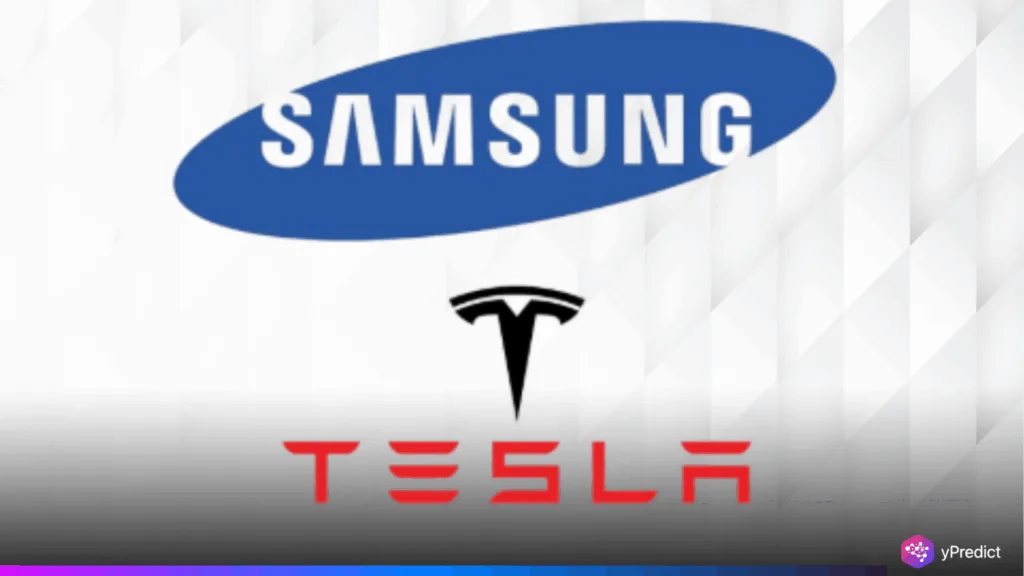
Tesla and Samsung have partnered on a $16.5 billion AI manufacturing partnership. The partnership combines Samsung’s cutting-edge Texas-based manufacturing with Tesla’s experience in AI chips to integrate design and fabrication. Additionally, this partnership will revolutionize the development and scalability of AI hardware. This puts both businesses in a position to establish norms for the speed and creativity of the manufacturing of AI hardware.
Inside the Bold AI Manufacturing Partnership Reshaping Tech
Tesla’s AI chips will now be produced at Samsung’s underutilized semiconductor plant in Taylor, Texas, using a rigorous, iterative process. Tesla engineers will work directly on-site to ensure that manufacturing adjustments are in line with evolving chip designs.
Faster design-to-production cycles are made possible by Tesla’s Austin headquarters being just a short drive from the factory. Additionally, the AI4 and AI5 chips from Tesla and other custom chips that need constant optimization gain a lot from this model.
Experts say the alliance also presents a problem for well-known chipmakers. Samsung is increasing its production capacity at its Texas facility thanks to $4.75 billion in government funding. Thus, AI startups can now obtain high-quality fabrication for custom chips without having to engage in large-scale competition with tech giants.
Is Vertical Integration the New AI Survival Skill?
This partnership emphasizes how important vertical integration is becoming in AI. The rapid advancement of artificial intelligence is outpacing the traditional separation of software development from external hardware manufacturing. Additionally, Tesla’s strategy guarantees that its chips are specifically designed for particular uses and are improved concurrently with production.
Thus, this approach might encourage other AI firms to gain more control over their hardware supply chains. The expansion of U.S. manufacturing capacity will enable mid-sized companies to adopt vertical integration. It will also reduce their dependence on external production schedules.
AI Manufacturing Partnership Shows Who Will Lead Tomorrow
Tesla and Samsung’s $16.5 billion deal signals a shift in how AI innovation is measured in the coming decade. Companies that control their supply chain, manufacturing, and chip design will have a big influence on software innovations. Additionally, the AI manufacturing partnership model expands the accessibility of advanced silicon.
As a result, this could completely transform industries like robotics, autonomous systems, and voice AI. Custom chips and vertical integration are growing competitive advantages. Therefore, those who have complete control over their process will be the ones in the future.





